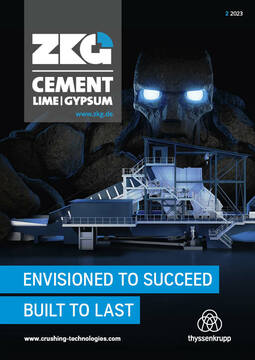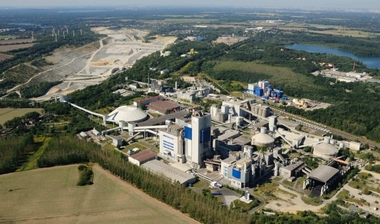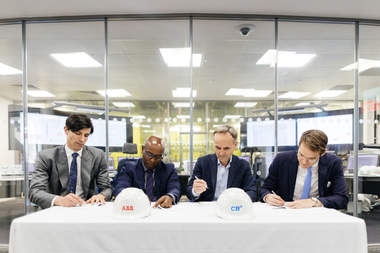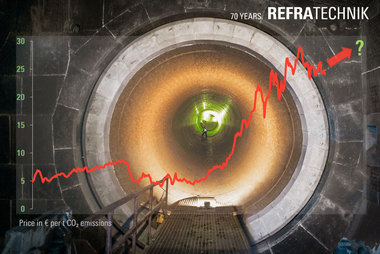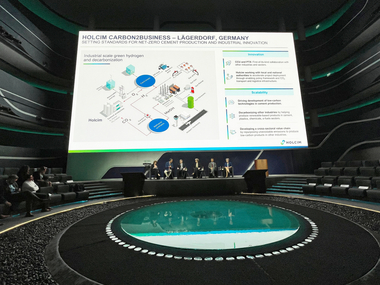New research highlights technologies that can cut 0.8 Gt per year of CO2 emissions from cement production by 2030
New research by climate tech pioneer Carbon Re has found that the cement industry could deploy a combination of 13 existing technologies to reduce CO2 emissions by 0.8 gigatonnes per year. This is equivalent to the total annual greenhouse gas emissions of the United Kingdom and France, combined.
What is more, the combination of just three technologies can deliver 81% of this impact according to the Carbon Re report “Three technologies to reduce climate change”. These are: Substitute Cementitious Materials (SCM); biomass and waste alternative fuels; and the use of Artificial Intelligence (AI) to improve processes.
The report also calls for policymakers to remove barriers to the decarbonization of cement resulting from adverse effects of current regulations and policies – including by overhauling the European Union’s Emissions Trading Scheme, which incentivises the production of clinker, the most carbon-intensive component of cement – and create new standards for cement quality and performance.
“Cement production is responsible for a greater share of carbon emissions than deforestation, global shipping and aviation combined,” said Sherif Elsayed-Ali, CEO of Carbon Re. “Yet the roadmap to decarbonize cement production heavily relies on carbon capture and storage technologies that have yet to be proven at scale and are not likely to be widely deployed until at least 2040.”
“Leaving any significant improvement in emissions from cement production until 2040 is too late. Achieving reductions by 2030 is more important than achieving net zero in 2050, according to the latest research published by Nature. Our report assesses technologies available today which could make an impact in the next decade by helping to achieve decarbonization to limit the expected global rise in temperatures.”
Carbon Re assessed 20 technologies related to the decarbonization of cement production and modelled 13 with the greatest potential to make an impact in the next decade. Their potential to reduce carbon emissions by 2030 was assessed, along with the expected costs of each technology.
Clinker-reducing cement substitutes, along with new LC3 cement blends, were found to be likely to have the greatest impact. The report says biomass has potential in the short term. However, its impact on the climate may be limited – or even negative – depending on the source and wider impact of using these alternative fuels. AI was considered to have the potential for significant impact in a short timescale, as it can be used with existing and new processes and materials and can deliver significant cost savings.
The report highlights the fact that not all the technologies can be used together, as some will reduce the impact and/or effectiveness of others. It also says capital investment costs will hold back many of the technologies – such as kiln electrification, carbon capture and calcium looping.
Looking beyond 2030, the report highlights two technologies with longer-term potential – carbon capture via oxyfuel, and graphene. It rejects green hydrogen as a viable solution for cement production because of the capital investment required in renewable electricity generation and hydrogen production by electrolysis, as well as the high demand for green hydrogen from other industries such as steel production.
Carbon Re’s Delta Zero industrial decarbonization platform has the potential to cut fuel use by 10% and fuel-derived CO2 emissions by 20%, equivalent to more than 50 kilotonnes of CO2 emissions a year per cement kiln. It uses AI technology to model a cement plant’s production environment and optimize processes for the lowest possible CO2 output and fuel use, with no capital expenditure.

